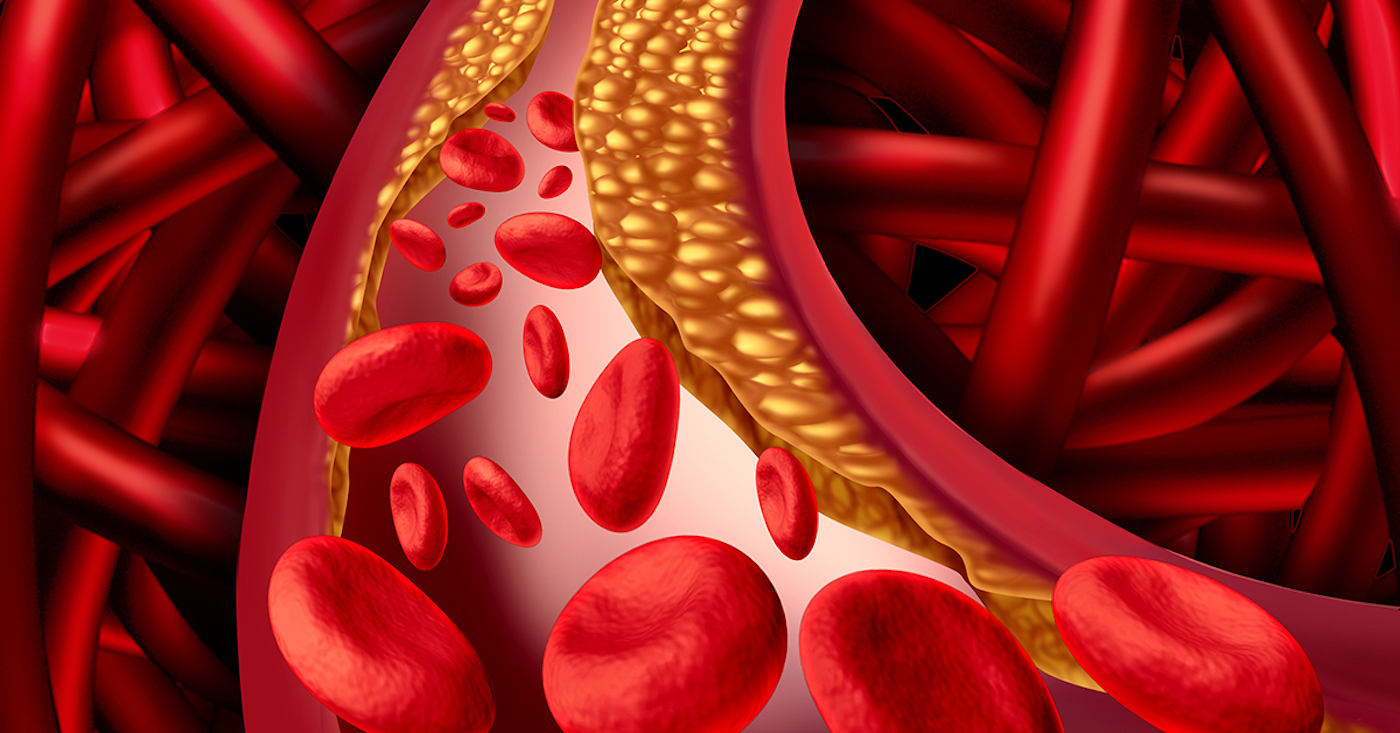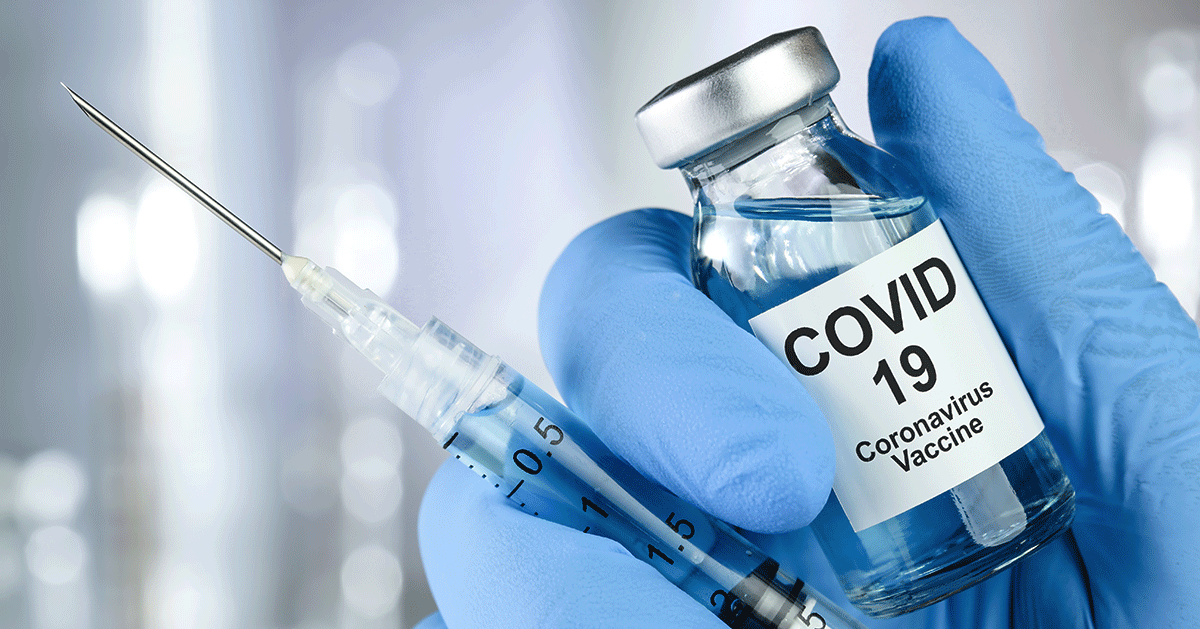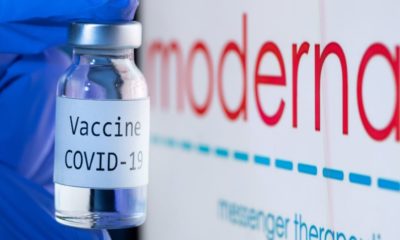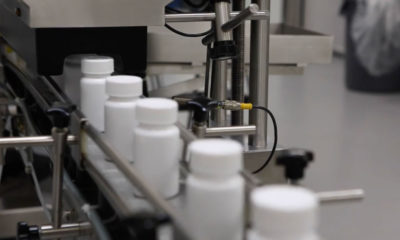A new study by the European Society of Cardiology has tied a drug commonly used to treat chest pain and high blood pressure with a higher risk of cardiac arrest.
The drug, nifedipine, is sold under the brand name Adalat (among others). It is typically prescribed to treat high blood pressure, angina (chest pain related to reduced blood flow to the heart), premature labor and is sometimes used to treat high blood pressure in pregnancy.
But this recent study indicates that this commonly-prescribed drug may increase your risk of cardiac arrest: a quick and sudden loss of blood because the heart stops pumping. Approximately 475,000 people in the U.S. die of cardiac arrest each year, according to the American Heart Association.
High Dose, High Risk.
The European study collected data on cardiac arrest and explored whether some common prescription drugs may affect a person’s risk for cardiac arrest. The results show that people taking the drug nifedipine in high doses were significantly more likely to suffer a cardiac arrest than people not taking the drug, or patients taking a similar drug (amlodipine).
However, the risk was noted only in those patients taking a high dose (60+ mg per day) of the drug, and there was no significant increased risk of cardiac arrest in those patients only taking a low dose (less than 60 mg per day) of nifedipine.
Similar Drug, Different Result.
The study’s results also showed that the risk of cardiac arrest was much lower for a similar drug prescribed to treat high blood pressure: amlodipine. Even though both drugs are prescribed for similar treatments, the risk of cardiac arrest from high dose nifedipine was significantly higher than the risk in patients taking amlodipine.
Both drugs are commonly prescribed by cardiologists and physicians to treat high blood pressure and angina. Both are considered to be equally effective and, until now, equally safe. The choice of prescription generally comes down only to the physician’s preference and personal experience.
Both nifedipine and amlodipine have been frequently prescribed for many years and to many patients, so many physicians are surprised that these findings are only being discovered now. But cardiac arrest, occurring outside of the hospital, happens so frequently that it is difficult to study the cause and effect; creating data on out-of-hospital cardiac arrest is difficult to compile and manage, and patient records on the impact of medications were insufficient. This is the possible explanation some analysts are proposing for why it took so long to discover this possible link between the drug and cardiac arrest.
The American Heart Association reports that cardiac arrest is one of the most deadly problems affecting public health in the U.S. More Americans die from cardiac arrest than from car accidents, gun deaths, prostate cancer, the flu, pneumonia, HIV infection, house fires, colorectal cancer and breast cancer combined, according to the AHA.
More Studies Will Follow.
The study relied on data from more than 10,000 people who were taking the prescription drugs, as well as 50,000 control individuals, sourced from Denmark’s Cardiac Arrest Registry and the Netherlands’ Dutch Amsterdam Resuscitation Studies registry, and the study’s findings were presented this spring at the European Hearth Rhythm Association conference.
Other medical studies are needed to see if these findings are confirmed. Authors of the study remain cautious about the implications for the future of the prescription drug, saying that it is too soon to tell. More studies are needed to explore the relationship between the drug and cardiac arrest, and to potentially confirm the link.























